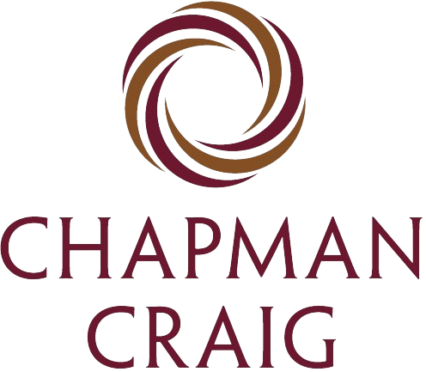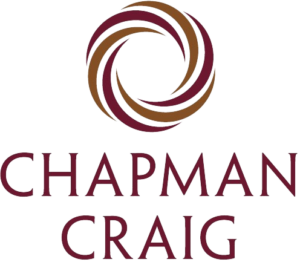The Modern HNW Family II – December 2023
Introduction
The Society of Trust and Estate Practitioners (STEP) recently conducted a roundtable discussion, sponsored by Royal Bank of Canada Wealth Management, about how Covid and increased geo-political instability has impacted the concerns and objectives of HNW families.
A core finding is that priorities have shifted, incrementally, away from a focus on cross-border investment opportunities and risk-adjusted returns, to a greater emphasis on asset protection and estate and succession planning, or “future-proofing” the family’s wealth.
Background
Attitudes towards social responsibility and equality have acquired greater significance, especially amongst younger generations. There is also an increasingly hostile attitude towards wealth and complex, often non-transparent, ownership structures from parts of the media and society.
Advisors often encourage families to discuss the purposes and values of the family and its approach to managing its wealth in hopes of creating a broad understanding. These discussions may increasingly include the family’s ownership structures (including trusts) and business practices and how that aligns to its purported values and purposes.
Even families with legitimate offshore structures can find themselves defending their purposes because information about the family and its wealth that was once private is increasingly becoming public.
Diverse Attitudes within a Family can Complicate an Advisor’s Approach
The panel highlighted that advisors should not assume that all family members hold similar views, particularly when it comes to evolving social issues. The conversation about how the family’s wealth will be used can change radically as the views of the younger generation are voiced. This may, in turn, make the older generation, that may have built the wealth, more anxious about the future, when they will no longer as much influence.
The challenge is seen as creating a culture that can be communicated through education about family purpose with detailed discussion around succession planning options.
An example of how differing principles between generations can directly impact advisors and these processes are issues associated with ESG principles. Advisors, including Trustees, increasingly must deal with differing views on how to prioritize ESG objectives when evaluating investment alternatives.
This public debate, including pushback from some politicians, and well documented misalignments through lack of standards or green-washing, is already impacting large wealth managers through reputational attacks.
If some family members wish to emphasize ESG-directed investments without regard to conventional expectations of “financial returns”, how do their investment managers respond? More specifically, how does a trustee or investment managers’ fiduciary responsibilities apply in this case and might they become liable to a beneficiary?
Trustees should ensure that the trust deeds are guiding their investments, rather than their own views about issues associated with ESG. But what if those matters are not addressed in the trust deed, letter of wishes, or family governance documents?
Lost Privacy
We have elsewhere described the increasing reporting requirements for HNW families. Some of these are not public, such as CRS-mandated transfers between tax authorities. But there is an increased likelihood that private information such as wealth, holding structures, succession arrangements become public via registers members of the media or public can access or information leaked to social media.
For families that see privacy as a key part of their own security and safety arrangements, their Advisors should consider how their estate and tax planning is exposing the family to unnecessary public filings and monitor their custody banks and other third parties to ensure that information that is not absolutely required to be shared is nevertheless being shared due to a misunderstanding of the rules or through recklessness.
Impact on Planning Processes
An increased focus on personal safety and asset security can have other more direct impact on NHW families – in terms of mobility and choice of location.
Some people having migrated from Hong Kong is well documented. But the same concerns has also led some to shift family office assets to another jurisdiction. Another contributor on the panel noted that Middle Eastern families have an increased interest in greater international diversification of assets because it is difficult to anticipate where instabilities will suddenly arise.
Others noted that places that were once viewed as very stable might be seen to HNW families in China or the Middle East as less so. The current UK and US political discourse does not increase confidence.
Some wonder what Swiss cooperation in sanctions applied against certain Russian nationals and entities might mean for individuals in China with assets in Switzerland.
A key observation is that when Advisors are revisiting a family’s estate plan, it is not just changes within the family that need to be top of mind in assessing whether the existing plan meets family objectives. External influences can also cause stress as a family’s attention turns from inter-generational issues, to security issues flowing from regulatory and geo-political changes.
Click here to download a PDF version of this article.




